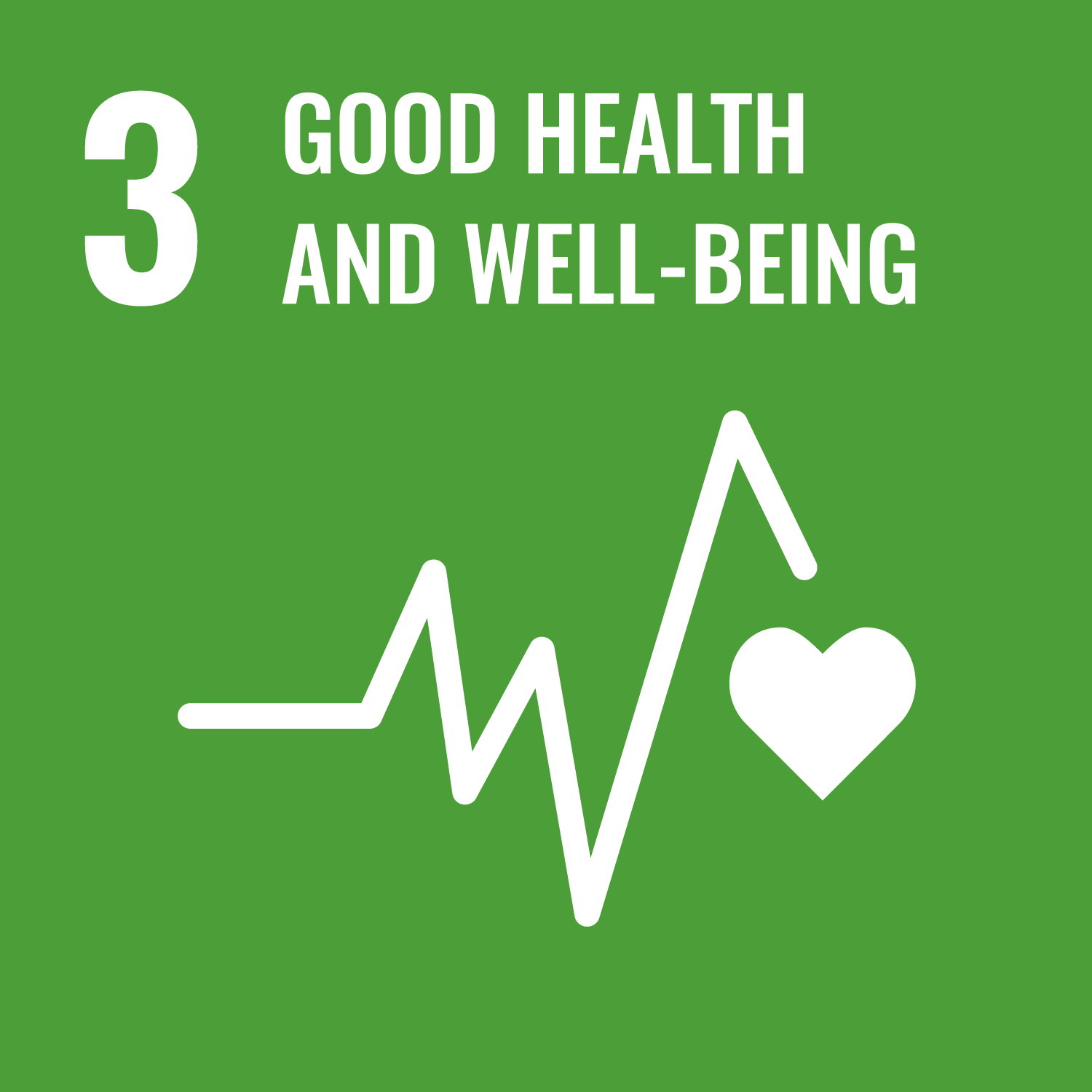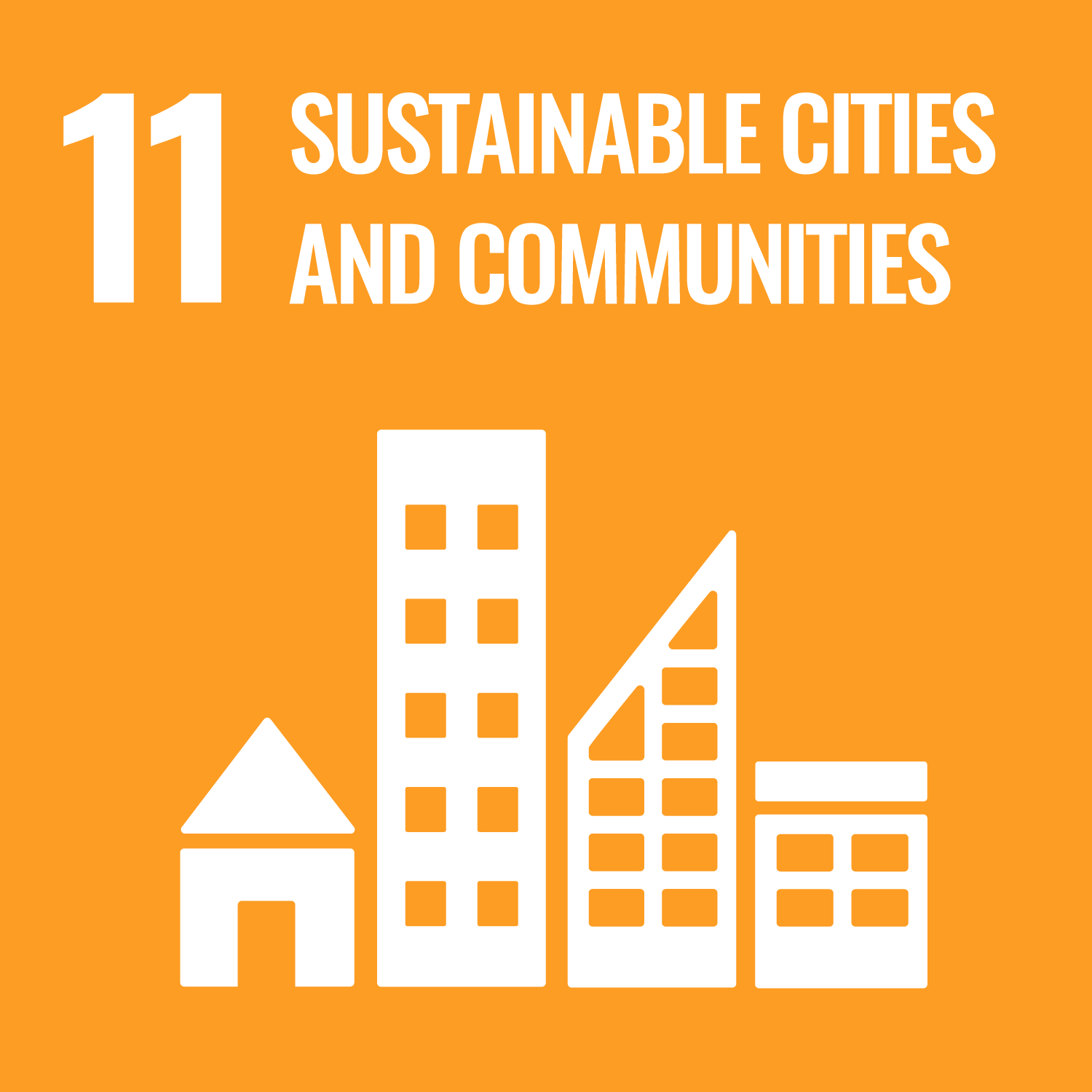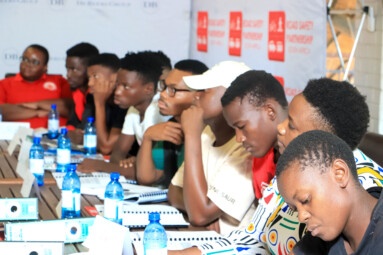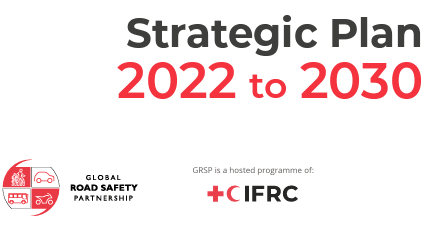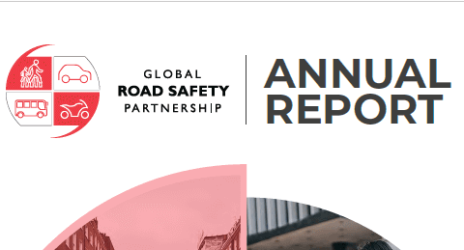The largest research-action project about drink driving amongst youth, SAFE ROADS 4 YOUTH, reveals valuable insights in South Africa
Safe Roads 4 Youth, a project involving GRSP South Africa, is “the first scientific project that studies simultaneously the impact of community-based interventions on youth and drink driving in three different countries (Argentina, South Africa, Vietnam) and very different cultural environments,” highlights Dr Jean-Pascal Assailly, senior researcher at the IFSTTAR (French Institute of Science and Technology for Transport, Spatial Planning, Development and Networks) and scientific adviser of the project
The Safe Roads 4 Youth (SR4Y) project has carried out a survey involving more than 11,000 young people since the beginning of 2012. It offers in-depth insights into the behaviour and attitudes of young people aged 15-25 in Argentina, South Africa and Vietnam, emerging countries where access to motorization is rapidly growing. The harmful use of alcohol is a key determinant for traffic accidents, notably for the young people and especially when combined with other risk factors such as speeding, reckless driving, etc. The survey provides clear evidence that incidences of drinking and driving by young people in South Africa are worryingly high, and gives insights for community interventions.
In South Africa, pedestrians are at especially high risk, as are the passengers of drunk car drivers: 30% of the surveyed young subjects have been the passengers of a drunk driver in the last three months, and 30% have felt they were in danger of being hit by a car as they were walking home after a night of drinking. Heavy drinking is a very serious issue in South Africa: among those who drink, only 12% have just one or two glasses on a typical drinking day, as evidenced by the data.
The SR4Y survey provides clear evidence that incidences of drinking and driving revolve around misconceptions: “The results reflect an extremely low level of knowledge and understanding of the legal constraints on drinking and driving and the impacts of alcohol on human performance,” says Dr Marion Sinclair, from the University of Stellenbosh, a scientific partner in the project. “It was very clear from the results that the majority of youth had no formal exposure to road safety education,” she adds. Indeed, only a small minority of the young people surveyed in South Africa knows the legal limit for drivers (19%.) In addition, just 24% know that the limits are not the same according to the type of driver and 60% of subjects overestimate the number of drinks to reach the legal limit.
These results provide further evidence of the stark need for innovative educational approaches to drink driving prevention and serve as a starting point for the community-based interventions of the Safe Roads 4 Youth project. The effectiveness of these actions will be evaluated by the expert research team.
The full results will be published in early 2014.
